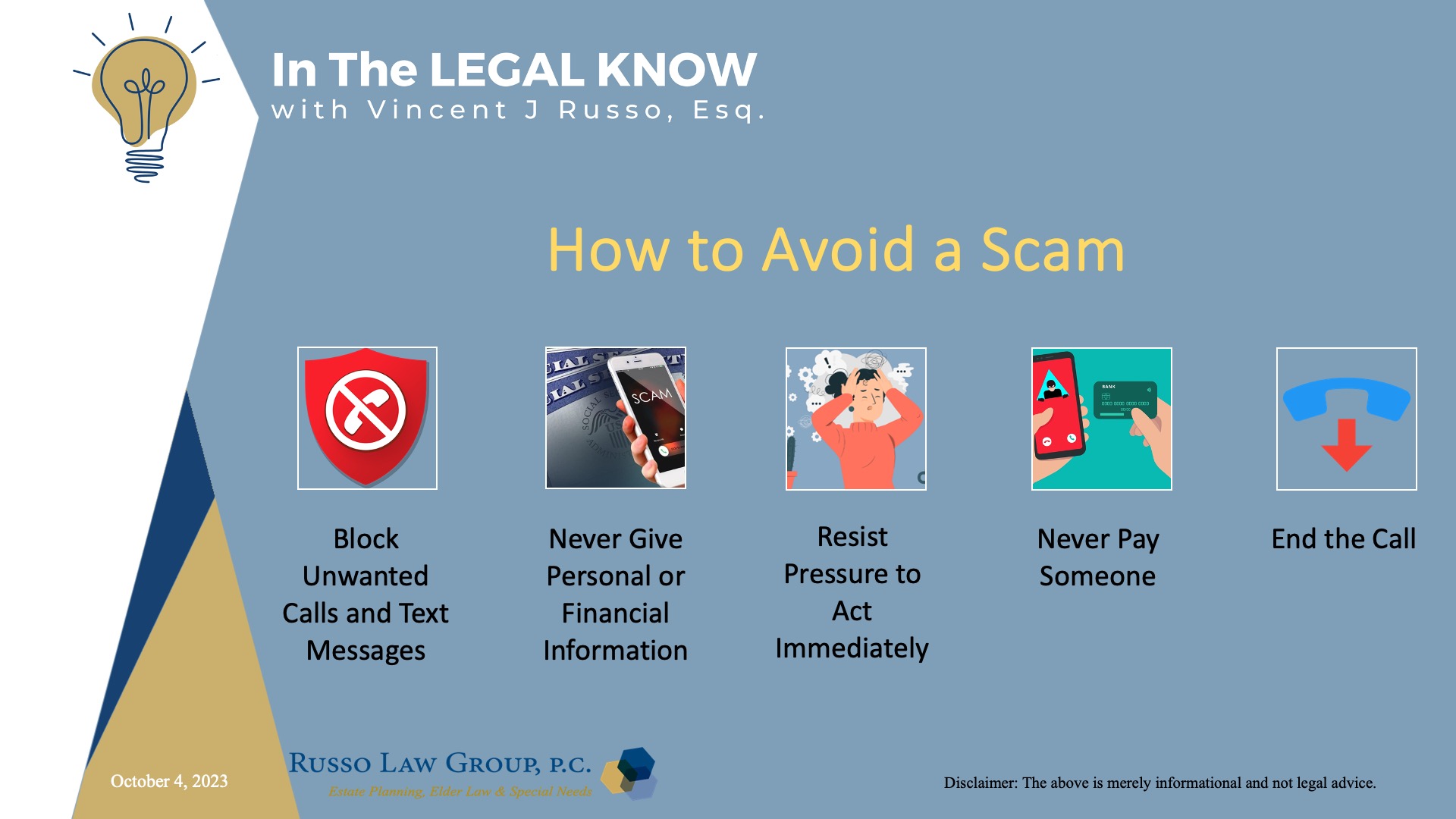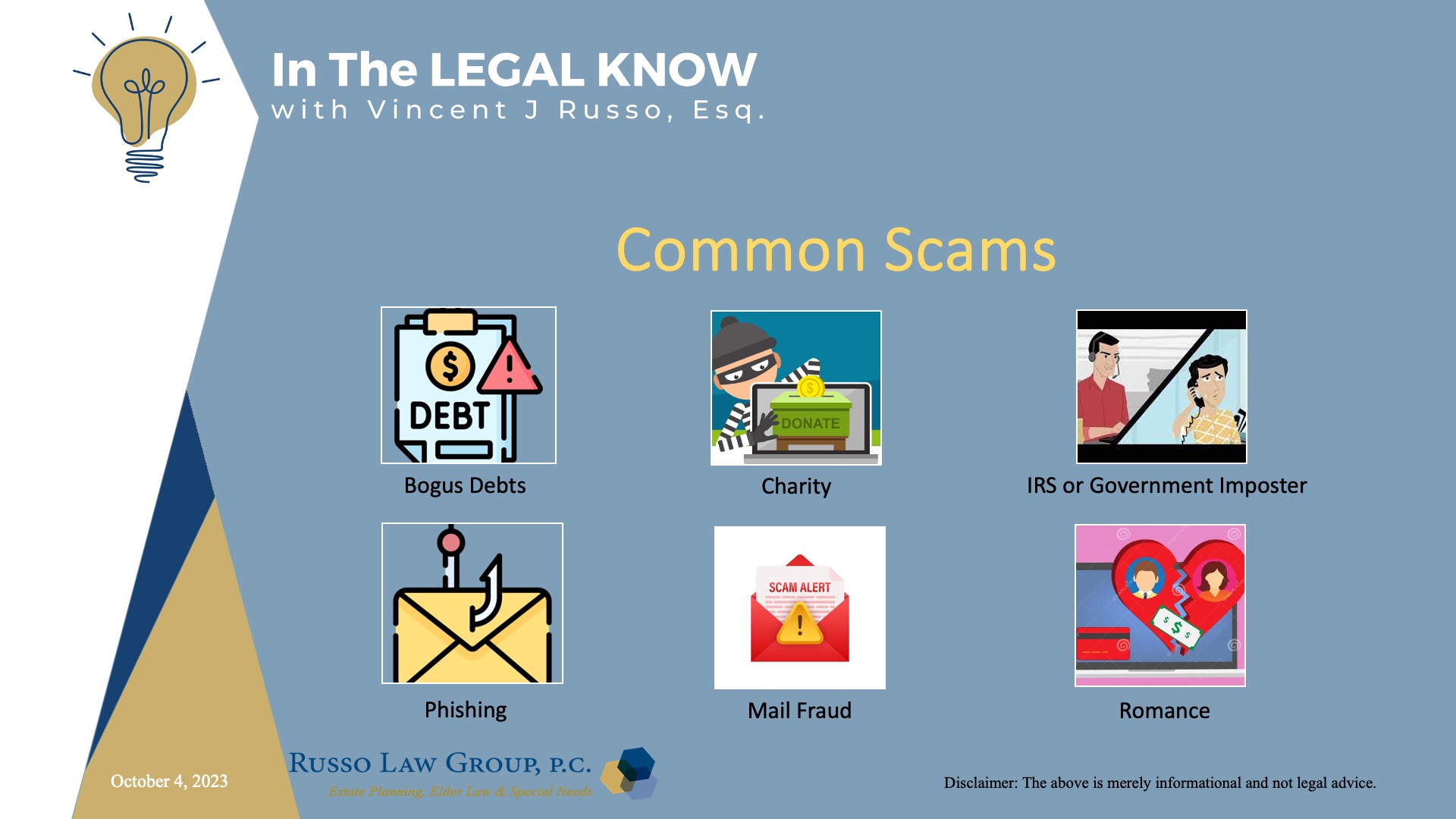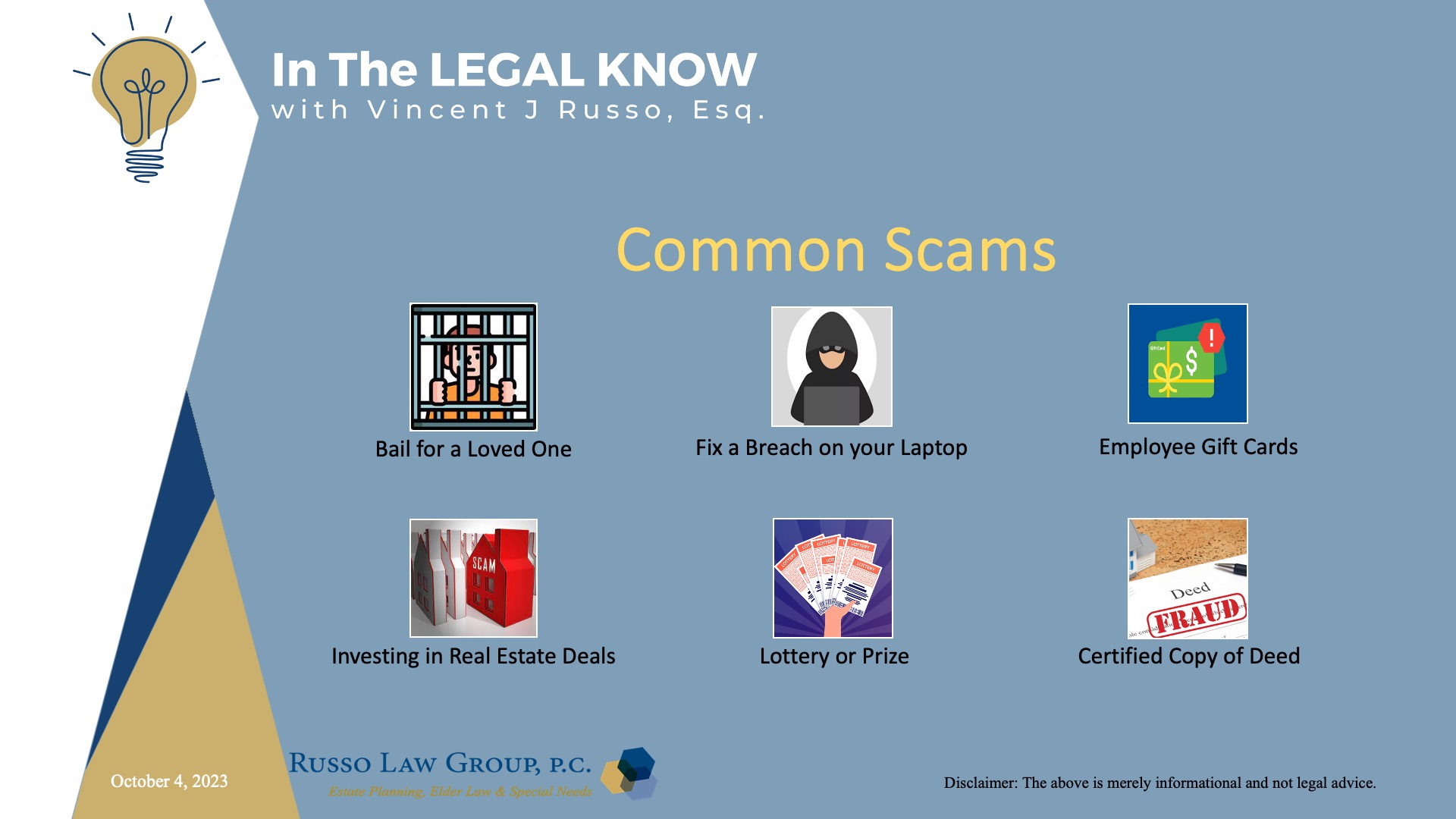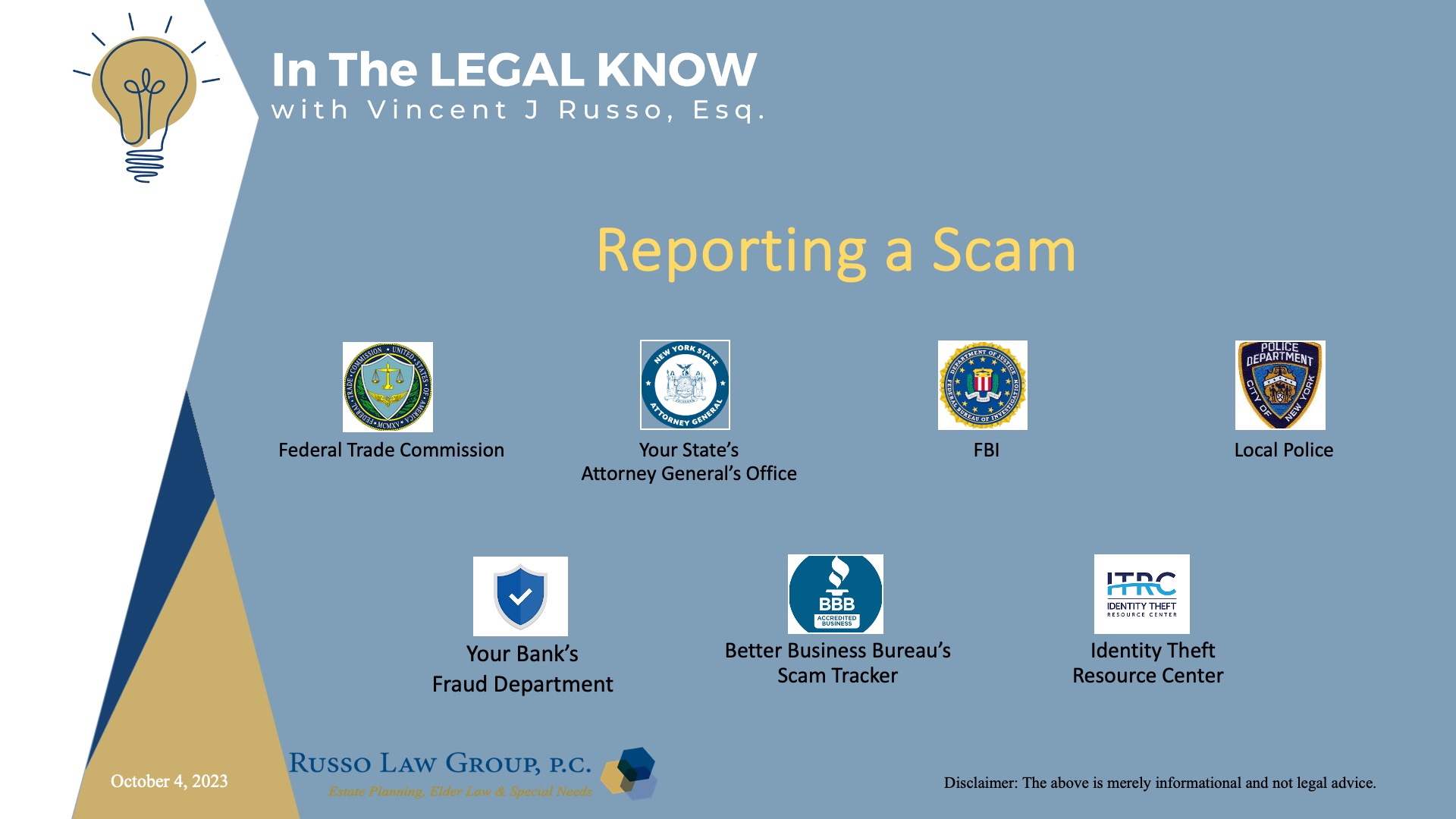Delve into the significance of resolutions, their origins, and actionable advice for making meaningful life improvements this year.
This originally aired on the Catholic Faith Network’s show CFN Live: https://youtu.be/0rT-ieUHx3o
What is the biggest scamming mistake one can make?
We are all subject to scammers and sooner or later some of us are taken advantage of. The number one mistake is to think we are too smart to be scammed; we are all vulnerable to scammers. Think about all the smart people who have been scammed!
What can one do to avoid being scammed?
There are several steps that you can take so you are not fooled by a scammer:

- Block unwanted calls and text messages. Take steps to block unwanted callsand to filter unwanted text messages.
- Don’t give your personal or financial information in response to a request that you didn’t expect. Honest organizations won’t call, email, or text to ask for your personal information, like your Social Security, bank account, or credit card numbers.
- Resist the pressure to act immediately. Honest businesses will give you time to decide. Anyone who pressures you to pay or give them your personal information is a scammer.
- Know how scammers tell you to pay. Never pay someone who insists that you can only pay with cryptocurrency, a wire transfer service like Western Union or MoneyGram, a payment app, or a gift card. And never deposit a check and send money back to someone.
- Stop and talk to someone you trust. Before you do anything else, tell someone — a friend, a family member, a neighbor — what happened. Talking about it could help you realize it’s a scam.
Is there a place to learn about common scams?
The Federal Trade Commission has a section on their website at consumer.ftc.gov/scams dealing with scams.
Let’s review some of the most common scams:
Bogus Debt
Most debt collectors will contact you to collect on legitimate debts you owe. But there are scammers who pose as debt collectors to get you to pay for debts you don’t owe or ones you’ve already paid.
What to do: Don’t provide any personal financial information until you can verify the debt.
Charity
A charity scam is when a thief poses as a real charity or makes up the name of a charity that sounds real to get money from you.
These kinds of scams often increase during the holiday season as well as around natural disasters and emergencies, such as storms, wildfires, or earthquakes. Be careful when any charity calls to ask for donations, especially ones that suggest they’re following up on a donation pledge you don’t remember making.
Imposter Scams
Imposter scammers try to convince you to send money by pretending to be someone you know or trust like a sheriff; local, state, or federal government employee; or charity organization.
What to do: Remember, caller ID can be faked. You can always call the organization or government agency and ask if the person works for them before giving any money.
Phishing
The fraudulent practice of sending emails or other messages purporting to be from reputable companies in order to induce individuals to reveal personal information, such as passwords and credit card numbers.
Mail Fraud
Mail fraud letters look real, but the promises are fake. A common warning sign is a letter asking you to send money or personal information now to receive something of value later. Examples of mail fraud might include notices of prizes, sweepstakes winnings, vacations, and other offers to claim valuable items.
What to do: The USPS has identified common postal or mail fraud schemes. If you’re a victim of mail fraud, you can file a complaint through the U.S. Postal Inspection Service.
Romance Scams
A romance scam is when a new love interest tricks you into falling for them when they just want your money. Romance scams start in a few different ways, usually online. Scammers may also spend time getting to know you and developing trust before asking you for a loan or for access to your finances.
What to do: Be smart about who you connect with and what information you share online. Don’t share sensitive personal information, such as bank account or credit card numbers or a Social Security number, with a new love connection Learn more about how to avoid romance scams.
What are some scams targeting the elderly population?
It is very sad to report that scams occur every day:
- Grandparents send money to bail out their grandchild from jail.
- Payments for someone to fix a breach on your laptop.
- Employees buy gift cards for their Employer.
- Investing in real estate deals with no supporting documentation.
- Being told you won a lottery or prize if you just send a payment in to claim the prize.
- After you file a deed, you receive a letter for a certified copy of the deed for $135 but you don’t need one.
Are there any legal steps that can be taken if you have been scammed?
Unfortunately, if you lost money to a scam, you likely would not get it back.
While there is no centralized source for fraud tracking, the Federal Trade Commission, your state’s attorney general’s office, the FBI, the local police, your bank’s fraud department, the Better Business Bureau’s Scam Tracker and the Identity Theft Resource Center are some of the places to report a scam.
We hope you found this article helpful. Contact our office today at 1 (800) 680-1717 and schedule an appointment to discuss what makes sense for you and your loved ones.







Comments (0)